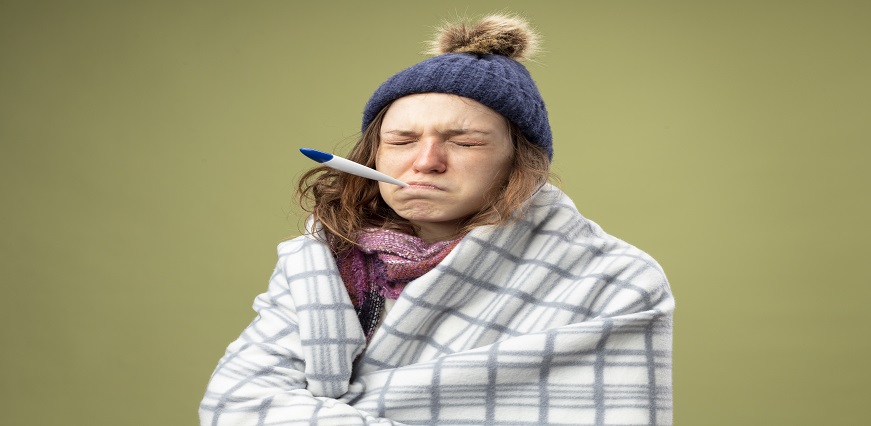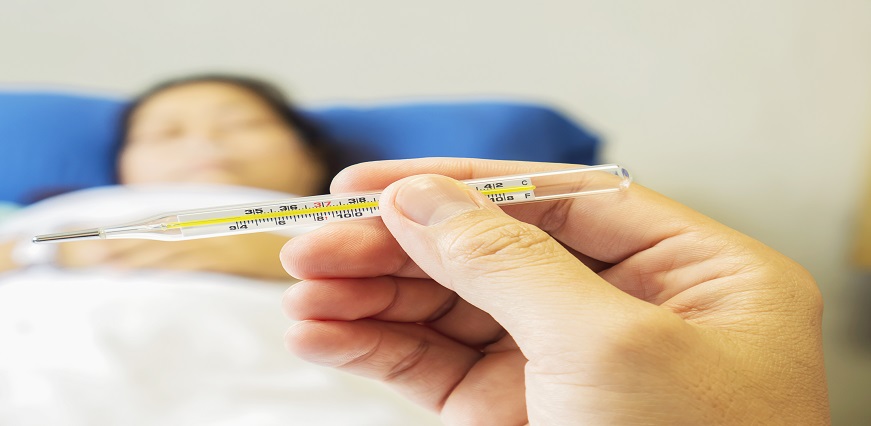





No lab centers are available in this city

Max Lab
Oct 16, 2023
The nose is one of the five main sensory organs in the human body as it helps you to breathe in oxygen and provides the sense of smell. However, when you breathe in allergens through your nose or mouth, your body reacts by releasing a natural chemical called histamine. Histamine also has important functions like regulating our sleep-wake cycle and cognitive function. However, the release of this chemical can cause allergies which could lead to swelling and inflammation in the inner lining of the nose. This kind of condition is known as allergic rhinitis or hay fever which is very common as it affects 1 out of 5 people at some point in their life.
Hay fever and allergies are of two types: -
Interestingly, the meaning of hay fever isn’t what it seems - neither is it caused by hay nor do you get a fever.
Hay fever is caused by several indoor and outdoor allergens. People with perennial-type hay fever experience symptoms all year round while others experience it at a particular time of the year. This can be due to the following reasons: -
Hay fever allergy symptoms include: -
Less common symptoms may include: -
A description of your symptoms and when they occur might help your doctor to diagnose hay fever or other conditions such as cold or asthma. The doctor may conduct allergy tests or take a detailed history of your lifestyle which can help to map out the cause of your symptoms. Your doctor may recommend a skin test as it is the easiest, sensitive and generally least expensive way of identifying allergens. With Max Lab, you can book a hay fever test online and avail the convenience of home sample collection.
Types of Skin Tests
Treatment of Hay fever allergy can be done in many ways, which includes liquids, pills, eye drops, nasal sprays and injections. Talk to your doctor before taking any medication especially if you are pregnant or have other health concerns.
You can also prevent rhinitis or hay fever by putting Vaseline around your nostrils to trap pollen. When you are outdoors, wear sunglasses and take a shower straight away to wash off the pollen. Buy pollen filters for the air vents in your car and stay indoors whenever possible.












Sign up takes less than 60 secs and gives you access to your offers, orders and lab tests.
Looks like you are not registered with us. Please Sign up to proceed
OTP will be sent to this number by SMS
We have successfully received your details. One of the agents will call you back soon.
 To reach our help desk call 9213188888
To reach our help desk call 9213188888
No Lab Centers are available in this city
Looks like you are not registered with us. Please Sign up to proceed
OTP will be sent to this number by SMS
Not Registered Yet? Signup now.Looks like you are not registered with us. Please Sign up to proceed





 7982100200
7982100200.png)
Comments